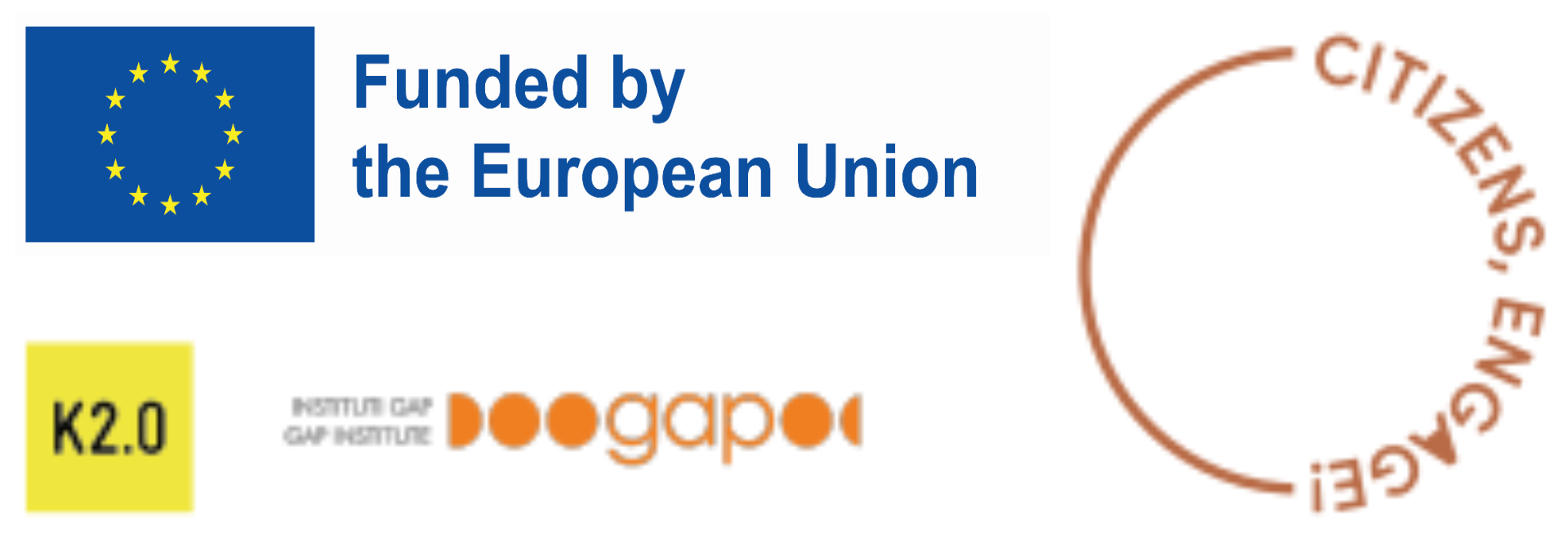A new law on culture is in the making. Even though public information about the law is scarce, there are still hopes that it can cut the knot of a number of long-standing problems in the cultural sphere. The ministry has been criticized at times for not pushing forward new laws related to culture and the process of drafting this new law has been viewed as overly slow. According to the Minister of Culture, the law will “bring structural solutions.”
Despite the ministry’s frequent promises to implement cultural reforms, a number of the ongoing, sometimes banal, challenges facing the cultural sector continue to adversely affect things. Starting from basic problems like the inability to hold shows due to lack of electricity or problems with microphones in the theater to the complicated application process necessary to apply for funds and the “arbitrary” cancellations of public calls, many workers in the culture sphere have complaints.
Another difficulty is the inadequate and irregular support for independent cultural creators, who faced difficult conditions even before the pandemic. Independent creators are now seeking concrete steps for intervention by the ministry to address the damage the pandemic has caused them.
Amidst these unresolved issues, while we wait for the new law on culture, we want to know what this law will contain. How is the drafting process being organized? Who are the people who are engaged in the process? How will this law address old problems in the cultural sector? Where does the culture stand a year into the new government’s time in power?
We will be joined by:
- Hajrulla Çeku – Minister of Culture
- Vullnet Sanaja – Founder and Executive Director of Anibar
- Donjetë Murati – member of the group Workers in Art
The discussion will be moderated by Lirika Demiri, K2.0 journalist.

This talk is organized with the financial support of the European Union, as part of the project “Citizens Engage”, implemented by Kosovo 2.0 with GAP Institute. Its contents are the sole responsibility of Kosovo 2.0 and GAP Institute and do not necessarily reflect the views of the European Union.
Why do I see this disclaimer?

